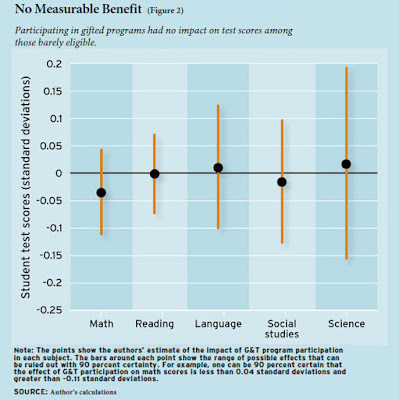If You Are Chinese, You Should Not Attend School

Yes, it does sound not just silly but profoundly offensive, but a university in the Philippines has just made an announcement asking all its students who are Chinese nationals to self-quarantine from January 31 to February 14. I am also seeing posts on social media that there is a shortage of face masks in the country. And social media Rappler shares concerns of some celebrities regarding the inaction of the government, adding volume to the statement, "It's the government that will kill us." Misinformation spreads faster and people are quick to draw policies based on misinformation. This is what happens when the educational system of a country is failing. Above copied from Rappler First, the correct policy for any school is to tell its students that if they are feeling ill, they should not attend school. A self-quarantine measure based on nationality does not make sense since those who are infected do not necessarily belong to one race. Second, face masks are no...








